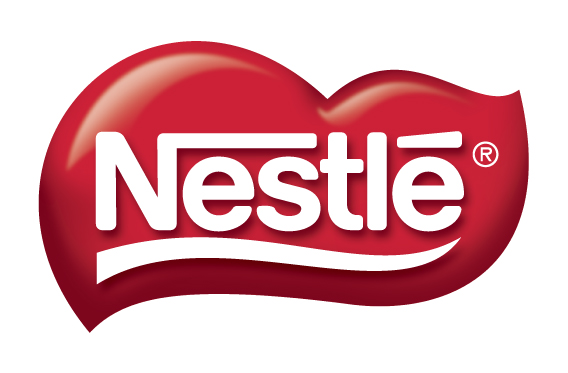 Check out what happens when big business food companies convince Brazilians to eat our processed foods.
Check out what happens when big business food companies convince Brazilians to eat our processed foods.
It is no secret that we in the USA are more prone to obesity, diabetes and other metabolic diseases have developed because our diet. Processed snack and other foods, devoid of nutritional content, with higher consumption rates has made the rate of obesity and diseases skyrocket in the USA.
If we are to solve the cost of healthcare, we need to also improve how American’s eat, and what types of food they eat as well. Processed foods are clearly part of the healthcare equation.
While there is a movement toward eating healthier in the USA, processed snack foods are addictive because of their salt and starch contents, which satisfy cravings and often have us coming back for more.
Recently, the NY Times did an investigative report on what happens when our style of eating invades another culture that has been used to eating real food, that has been organically farmed. Their report is about Brazil and how big food companies from the USA have aggressively expanded into countries like this, reducing the overall health of their people while increasing the likelihood of obesity.
My wife on her last trip to Brazil this past year noticed more overweight people on the beach, which can be a harbinger of things to come. While their report raises many questions, one of the biggest we need to ask ourselves is how to we make big food part of the solution instead of part of the problem.
Read the article here
How Big Business Got Brazil Hooked on Junk Food
As growth slows in wealthy countries, Western food companies are aggressively expanding in developing nations, contributing to obesity and health problems.
By ANDREW JACOBS and MATT RICHTEL
FORTALEZA, Brazil — Children’s squeals rang through the muggy morning air as a woman pushed a gleaming white cart along pitted, trash-strewn streets. She was making deliveries to some of the poorest households in this seaside city, bringing pudding, cookies and other packaged foods to the customers on her sales route.
Celene da Silva, 29, is one of thousands of door-to-door vendors for Nestlé, helping the world’s largest packaged food conglomerate expand its reach into a quarter-million households in Brazil’s farthest-flung corners.
As she dropped off variety packs of Chandelle pudding, Kit-Kats and Mucilon infant cereal, there was something striking about her customers: Many were visibly overweight, even small children.
Read more